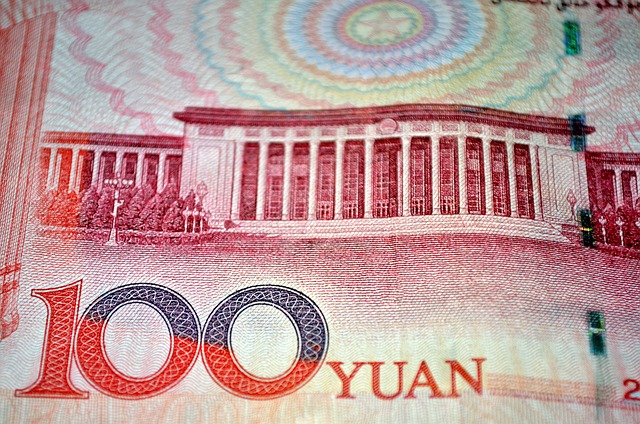
If you have been purchasing in China you have probably heard the excuse from one of your supplier to raise his price by saying : ” USD dropped a lot !”
If you have experienced this situation like I did in the past, you probably know how you can feel disappointed to hear this excuse. This is particularly true when you are dependent from a supplier for a product or a parts that nobody else can do.
Here are a few tips about how I avoid this situation:
1./ Get your quote in RMB
They say the USD has dropped, may be it is true, may be it is not. Whatever it is, they are based in China and their currency is Chinese renminbi. Then, ask your quote in RMB instead of USD at the beginning.
This way they can not play the game of USD dropping. However, you have to understand that it is a two side coins because you can also be victim of the other side of the trend. If the parity of your currency versus the Chinese yuan is changing, it can goes to your disadvantage.
In any case, having a pricing in RMB (Chinese Yuan) can not give you disadvantages and it can help to forecast better your business.
2./ Anticipate market fluctuation
Can you anticipate market fluctuation to prevent and get prepared to the currency fluctuation? Sometime yes. If you have a few notion of economy and understand how the forex is behaving, you probably understand that you can in some way anticipate the market.
Some period of the year are more fluctuating than others, and some periods are less fluctuating than another: period of vacation such as summer vacation where less currency trader are working, christmas season, non farm payroll announcements, special economical situation (Brexit, Russian sanction) etc….
Keep some currency as buffer and change your currency at the right moment to limit the over valuation. Open a bank account in China
Write your contracts properly
You absolutely want to work in your own currency with your supplier ? Then write your contract properly.
- Indicate in it, the rate agreed between both parties.
- Indicate in which condition of parity change the pricing will be reevaluated.
- Indicate how long the quotation is validated.
Try to get a fixed price over the year
This is usually hard to obtain as for the reasons explained earlier, however some manufacturers may accept it.
What other solutions do you have to solve those problems ?
Leave a Reply